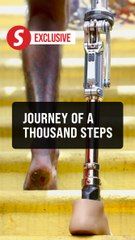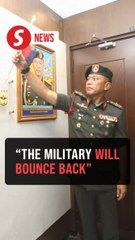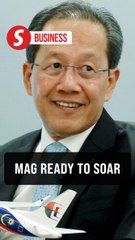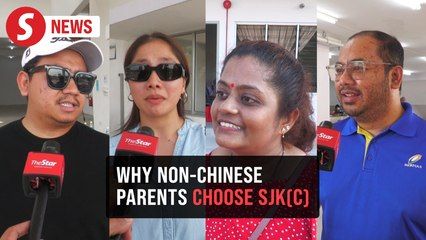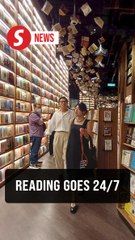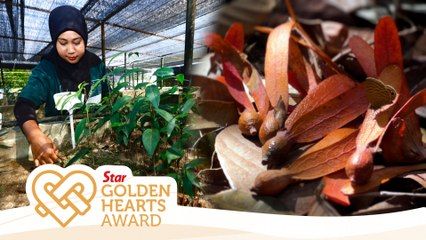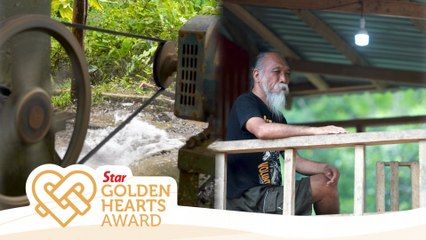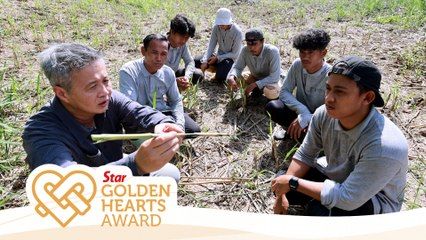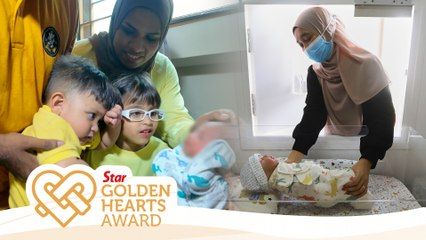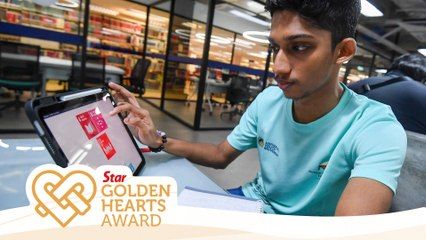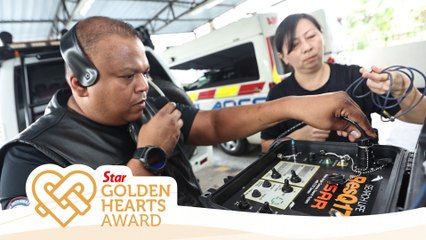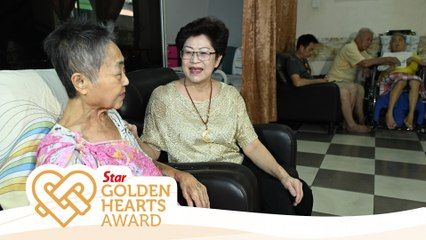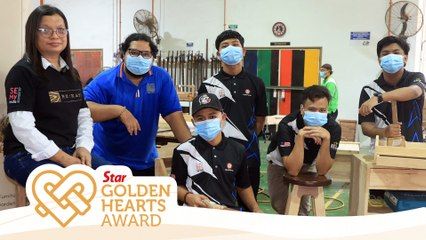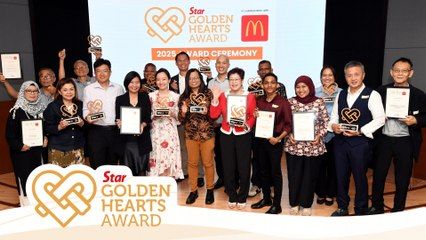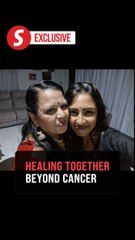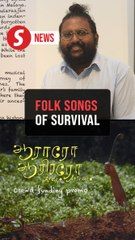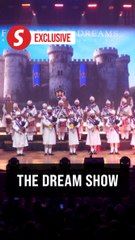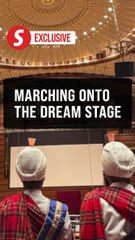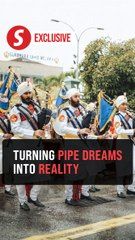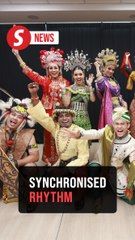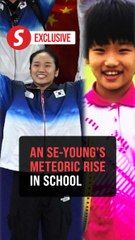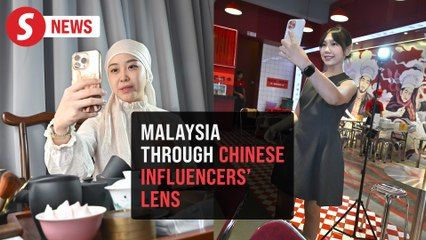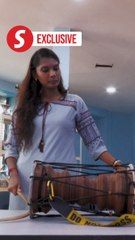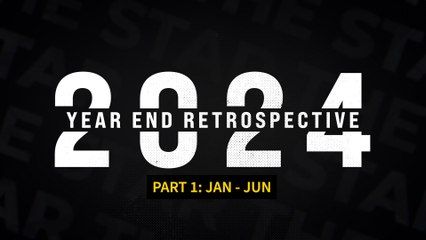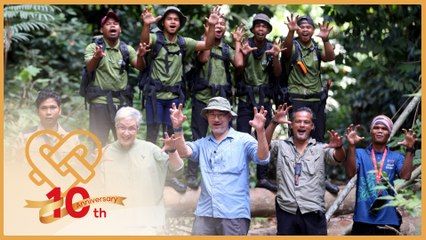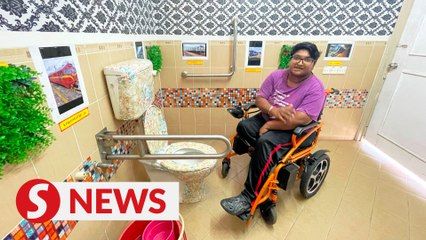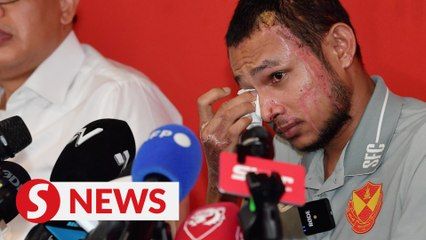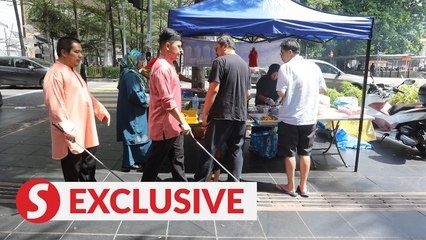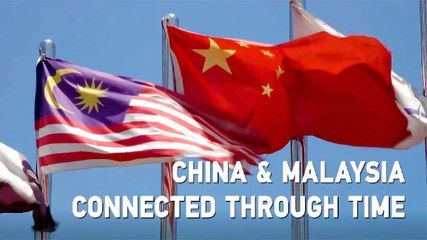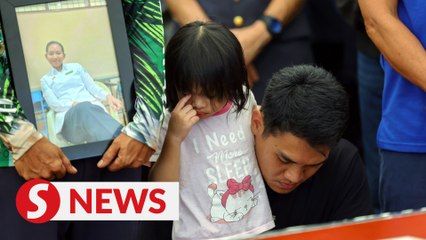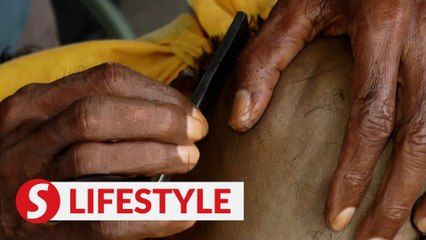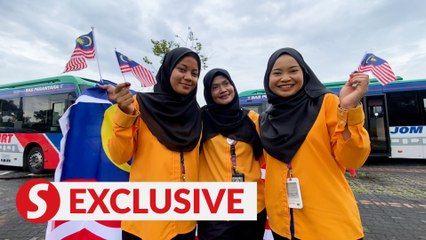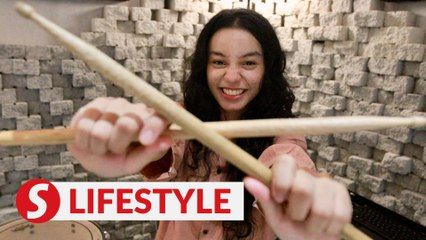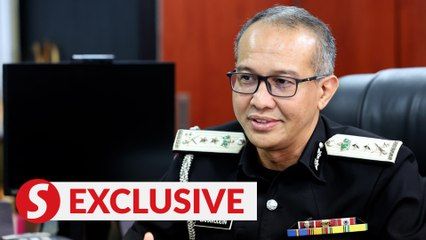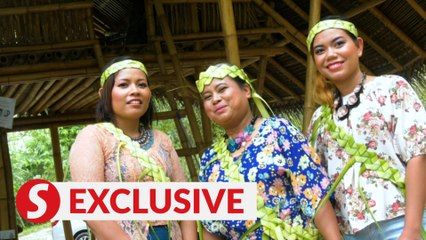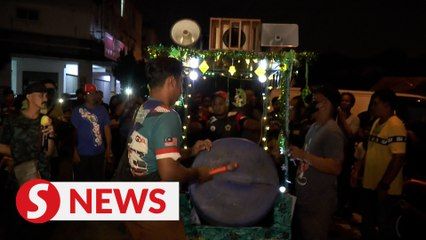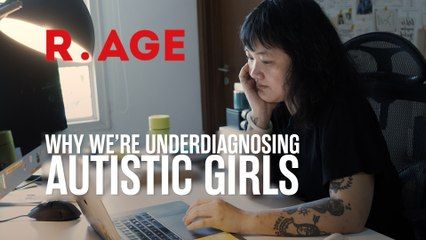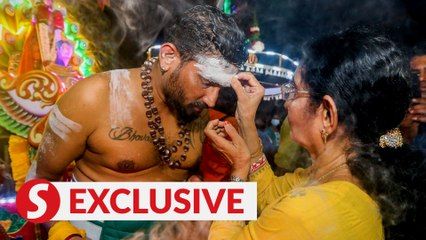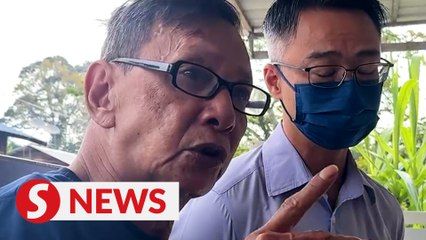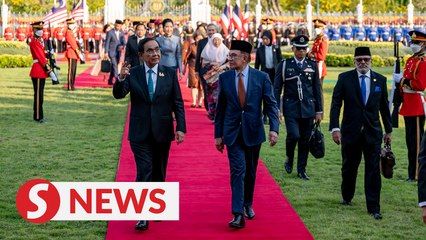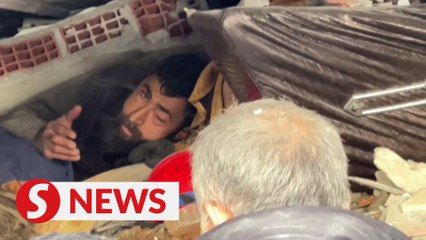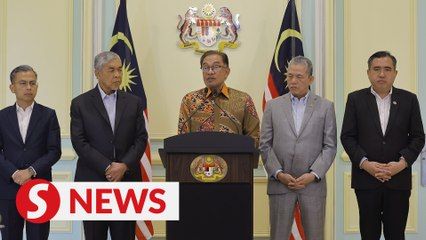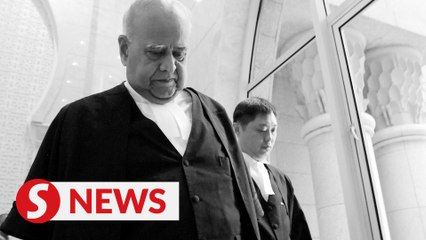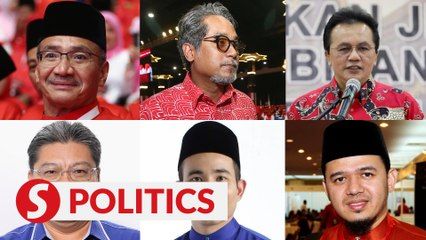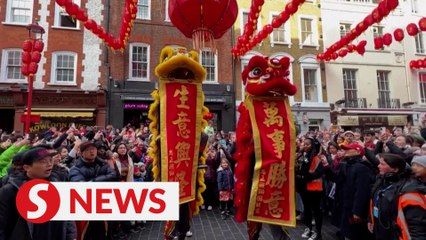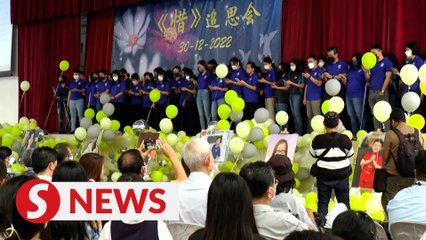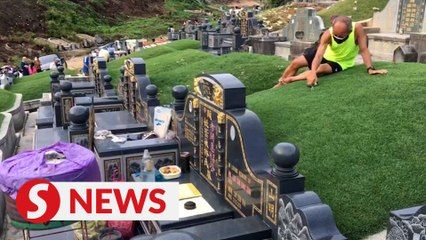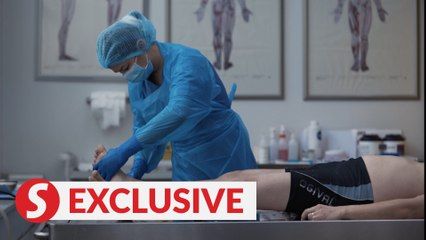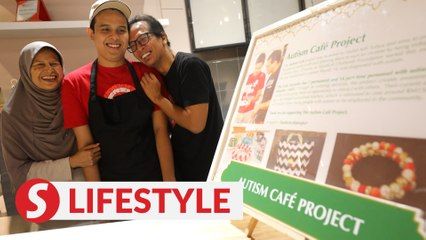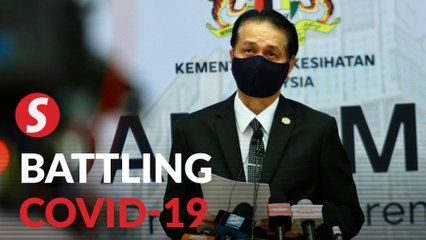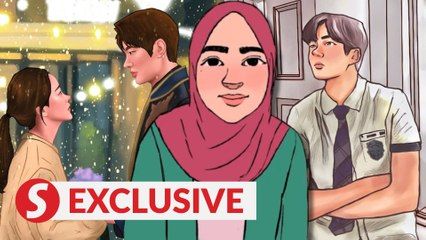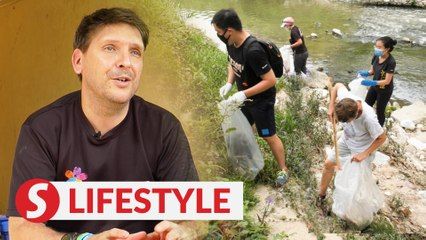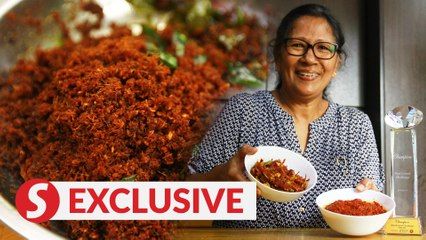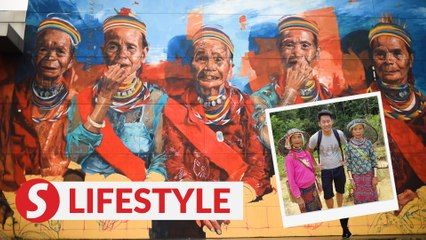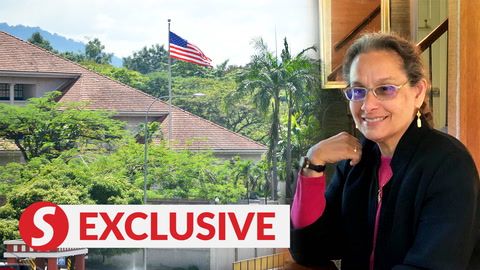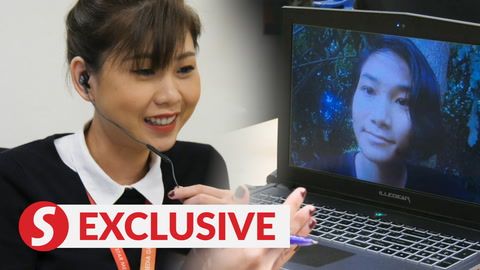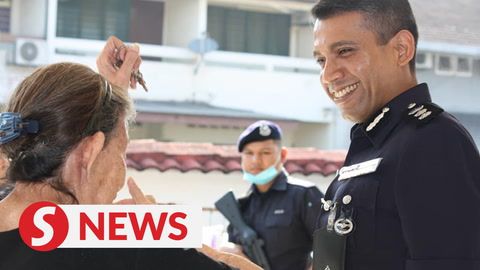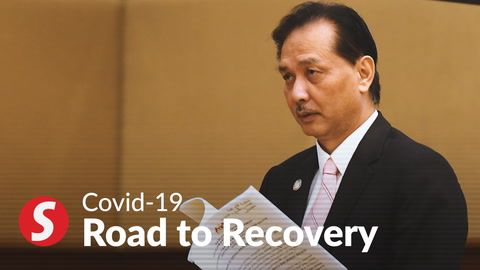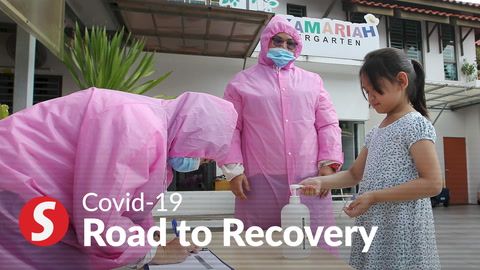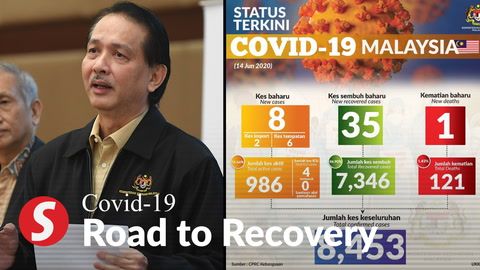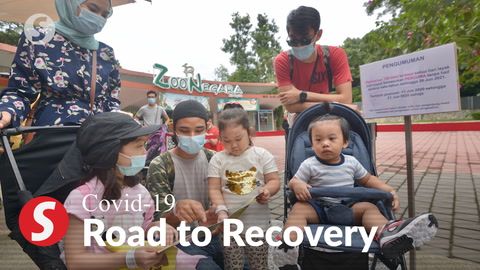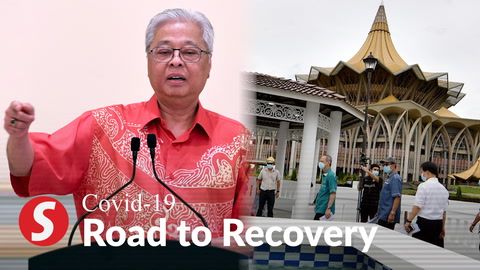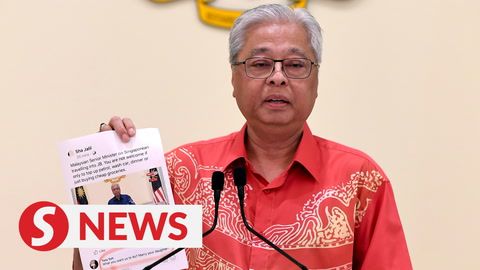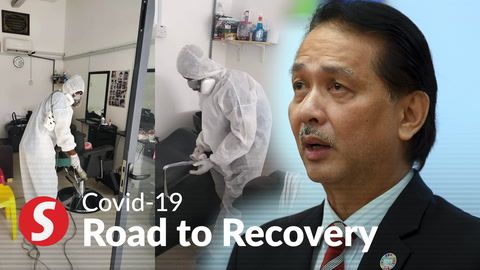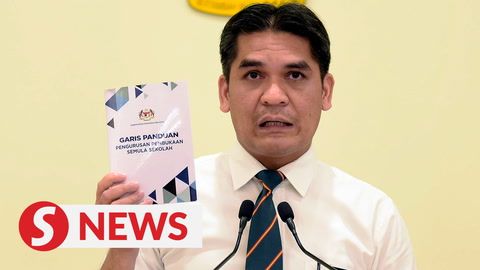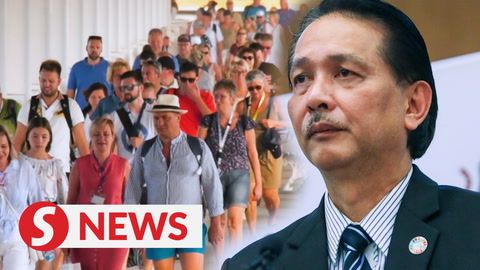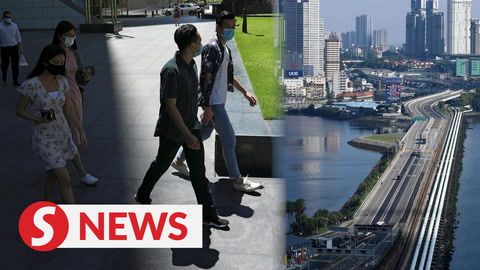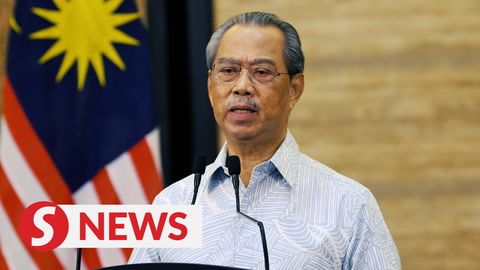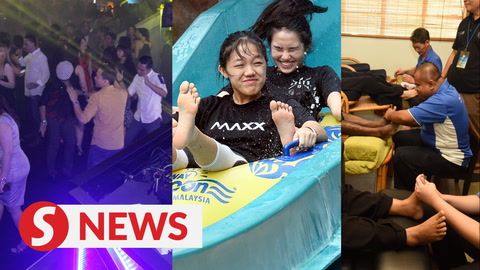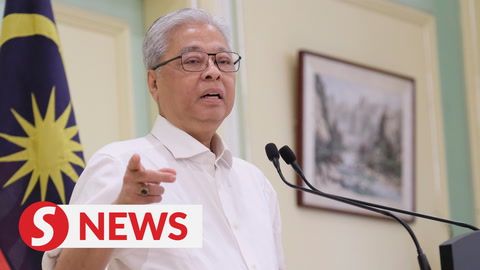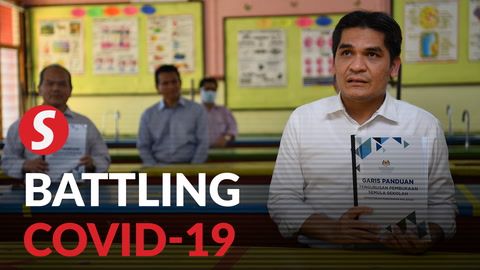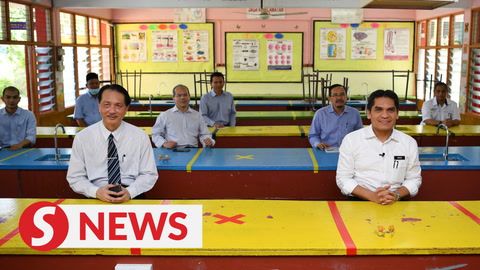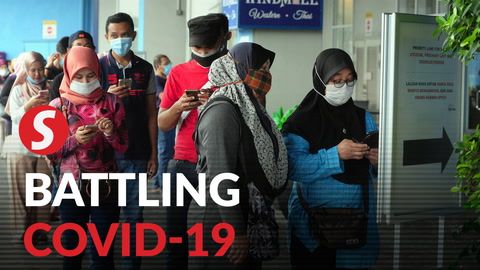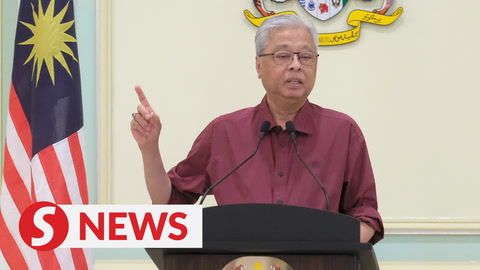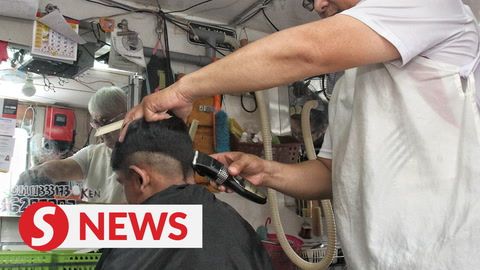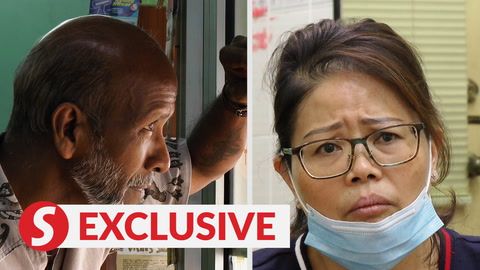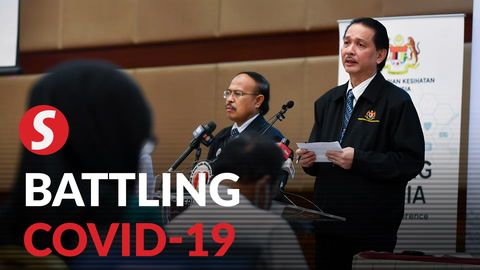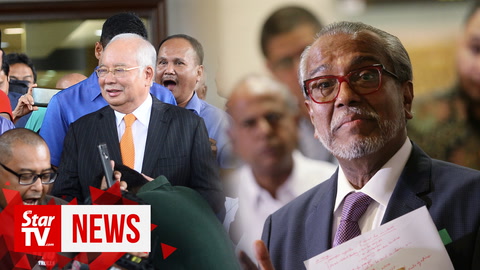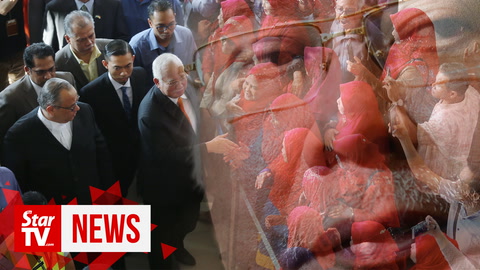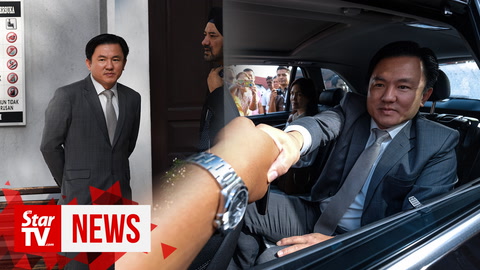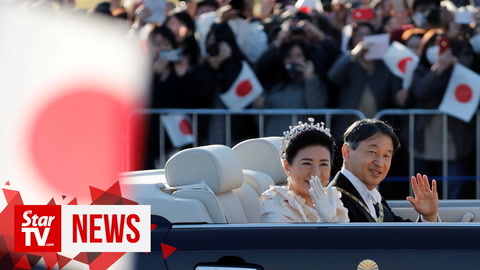Turning Point: Without sight and parents, blind girl masters the erhu
Published on 26 May 2016 2:15:52 PM
When Stephanie Ow was one month old, her father took her to visit his elder sister and her husband.
The infant bawled lustily at the couple's Sengkang flat but quietened and gurgled whenever her aunt's husband cradled her in his arms. "It was most strange," says Stephanie's uncle, Mr Lee Leong Seng, 60, who works as a Taoist priest.
Because of the special bond they share, he and his wife, Madam Ow Sau Sun, did not think twice about taking the child in a few years later when she was diagnosed with retinal dystrophy.
Stephanie's mother abandoned her and disappeared; her father, an odd job labourer, barely earned enough to feed himself, let alone take care of a blind child.
Her parents may have given her short shrift, but her aunt and uncle have raised her with a lot of love and affection.
"I've not seen or heard from my mother since but my father pops by to visit me once in a while," she says. "My aunt and uncle take very good care of me; they're like my real parents. They know me so well. Just from my facial expression, they know exactly what I'm thinking," she adds with a laugh.
It was also Mr Lee who helped her discover her knack and gift for music by sending her for erhu - a two-stringed Chinese fiddle - lessons when she was 14.Within a year of picking up the instrument, she earned a grade 4 certificate of distinction, a feat that even her sighted peers would find hard to achieve. Her blindness means she cannot read scores so she has to commit each note to memory.
Serendipity introduced her to Mr Quek Ling Kiong, the conductor of the Singapore Chinese Orchestra (SCO). That meeting changed her life and took her on a musical journey she never thought possible: performing solos with the SCO, joining its youth wing and becoming the first recipient of the Deutsche Bank-SCO Music Scholarship.
When Stephanie Ow was one month old, her father took her to visit his elder sister and her husband.
The infant bawled lustily at the couple's Sengkang flat but quietened and gurgled whenever her aunt's husband cradled her in his arms. "It was most strange," says Stephanie's uncle, Mr Lee Leong Seng, 60, who works as a Taoist priest.
Because of the special bond they share, he and his wife, Madam Ow Sau Sun, did not think twice about taking the child in a few years later when she was diagnosed with retinal dystrophy.
Stephanie's mother abandoned her and disappeared; her father, an odd job labourer, barely earned enough to feed himself, let alone take care of a blind child.
Her parents may have given her short shrift, but her aunt and uncle have raised her with a lot of love and affection.
"I've not seen or heard from my mother since but my father pops by to visit me once in a while," she says. "My aunt and uncle take very good care of me; they're like my real parents. They know me so well. Just from my facial expression, they know exactly what I'm thinking," she adds with a laugh.
It was also Mr Lee who helped her discover her knack and gift for music by sending her for erhu - a two-stringed Chinese fiddle - lessons when she was 14.Within a year of picking up the instrument, she earned a grade 4 certificate of distinction, a feat that even her sighted peers would find hard to achieve. Her blindness means she cannot read scores so she has to commit each note to memory.
Serendipity introduced her to Mr Quek Ling Kiong, the conductor of the Singapore Chinese Orchestra (SCO). That meeting changed her life and took her on a musical journey she never thought possible: performing solos with the SCO, joining its youth wing and becoming the first recipient of the Deutsche Bank-SCO Music Scholarship.

